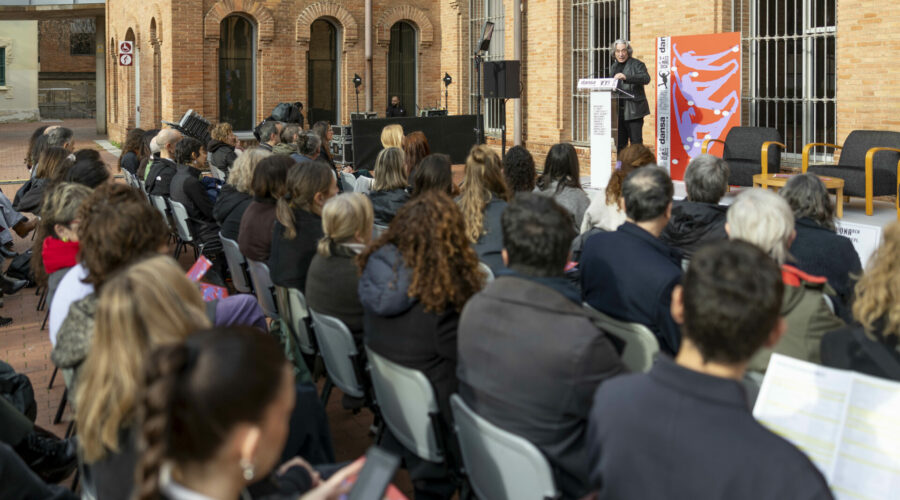The Catalan capital recorded a 16% price increase since 2019, according to Idealista, compared to 5.1% in Madrid and recorded a 51% drop in supply and the highest price in Spain.

Overview of the price cap in Barcelona
The controversial price cap imposed by Colau has given much to talk about.
This measure was put in place to regulate the housing market and protect tenants from unjustified rent increases. Since it was introduced in 2019, it has had a strong effect on the rental housing market, particularly in terms of the most affordable offerings.
The cap is based on the size of the property and its location, and the limits on what landlords can charge for rent vary accordingly. This has been beneficial for households with limited incomes, as it has made it easier for them to find affordable housing, and has opened the city to a much wider range of people. However, some experts have noted that the price cap also has some negative repercussions, such as a decrease in the supply of housing and an increase in rental prices for other properties.
Today, according to the portal idealista, Barcelona has 51% less housing available for rent.
Impact of the price cap on rental prices in Barcelona
With the aim of lowering rents, the regulations have reduced the cheapest rental offers in the city. However, this measure has not been effective enough to make housing reasonably priced for low-income households.
Despite the government’s efforts to reduce rental prices, the availability of housing in Barcelona continues to decline.
Housing offer available in Barcelona
In the city of Barcelona, one of the main concerns is the decreasing availability of accommodation. According to Idealista, at the beginning of September 2021 there were only 10,900 affordable homes for rent. This shortage of rental housing has caused rental prices to skyrocket and made the competitive market for renters even more aggressive. Despite the government’s attempts to manage the rental market, the decline in affordable rental housing has made it difficult for renters to find affordable housing.
The benchmark index is a factor in the decline in available rental housing. This regulation was implemented with the intention of making housing more affordable for low-income households, but has had the unintended effect of discouraging homeowners from renting their homes. Thus, many owners have opted to sell their homes instead of renting them, further reducing the supply of affordable housing in Barcelona.
The high demand for housing in Barcelona is another factor that has contributed to the decrease in available rental housing. The city is a popular tourist destination, and many people choose to move to Barcelona for work or study. This high demand, combined with the limited supply of available housing, has made it difficult for renters to find affordable housing. As a result, numerous tenants have had to move away from the city center in search of more affordable rental options.
Effectiveness of price capping
With the regulations introduced by Colau, the price cap was intended to make Barcelona’s rental market more accessible to lower income households. Despite the alleged benefits, there has been much debate about the effectiveness of this measure. Some claim that it has led to a decline in rental supply, while others argue that it has had little or no effect on rental prices.
One of the main criticisms of the price cap is that it has led to lower availability of rental housing. Landlords are less likely to rent their homes if they cannot set the rent at a price they consider fair. This reduction in supply has made it difficult for renters to find affordable housing.
Despite the objections, the price cap has yielded some positive results. During its term, it is estimated that rental prices fell by 4 to 6%. This has made it easier for low-income households to find adequate housing. However, it remains to be seen whether the price cap has had a lasting impact, and more research is needed to determine its true effectiveness.
In conclusion, the application of the price cap in Barcelona has had mixed results. Although the cheapest rental offers have declined, overall rental prices continue to rise, and the supply of available housing is decreasing.
As the Catalan capital, Barcelona faces unique challenges in the rental market, and more research and policy solutions are needed to address these issues and provide affordable housing for its residents.



